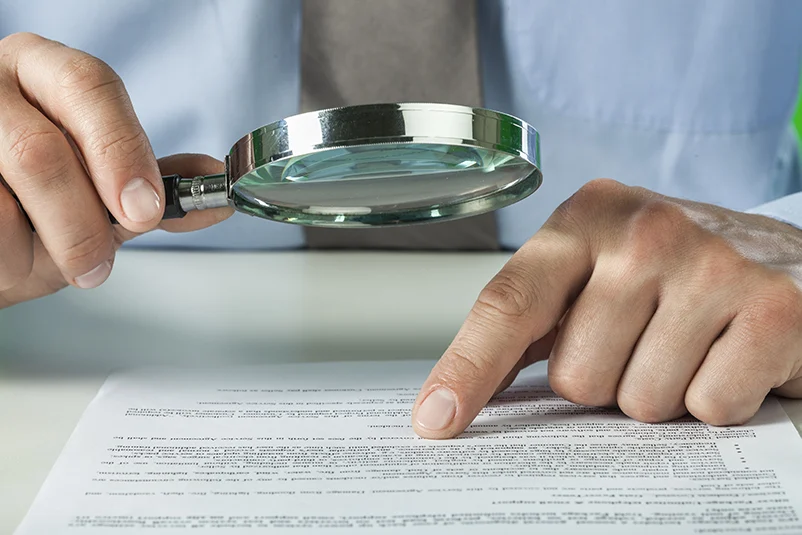Being selected as a personal representative is both an honor and a major responsibility. Before accepting, let’s make sure you understand what you’re going to be facing. In general, you have been entrusted with distributing the deceased person’s property and resolving estate debts and expenses.
Duties and responsibilities of a personal representative (PR)
An executor or personal representative is held legally responsible for structuring the finances of the decedent, generally making sure debts and taxes are paid first and foremost and the remaining assets are properly distributed to the heirs.
Requirements to serve as an executor vary state by state, although generally, family members or related associates tend to serve this role.
Although state laws offer financial compensation for PRs, many of them decline due to being close family members. On the other hand, if one chooses to receive payments, this is considered taxable income and will have to be reported to the IRS.
As a PR, the decedent has trusted you to represent the estate with integrity, impartiality, and diligence. Furthermore, as a PR you may also be required to perform any or all of the following activities, among others:
1. Secure a copy of the will and file it with the local probate court clerk
The PR must be well versed with the will ensuring it is carried out exactly as the decedent wished. Even if probate isn’t necessary, the will still must be filed with the probate court. At this stage, one determines who inherits the property. If there is no will, a person must be chosen as an administrator to manage the estate in a diligent, trustworthy and impartial manner.
2. Notify banks, debtors, and government agencies of the decedent’s passing
Upon being informed of the decedent’s passing the PR is obligated to inform all interested parties including but not limited to Social Security Administration; U.S. Postal Office; insurance companies; Department of Motor Vehicles; financial institutions; and credit reporting agencies.
3. Determine what form of probate is required
Inheritance laws may vary state by state such that property can be transferred without probate. For instance, jointly held property by spouses, which may make probate unnecessary. Furthermore, depending on the estates value, the process can be expedited. If probate is required, you need to file a petition with the court to be appointed as an executor/executrix. An attorneys assistance is beneficial at this phase.
4. Represent the estate in court
An executor may be required to appear in court to represent the estate. An attorney can manage this duty for you although one is usually not required.
5. Establish a probate bank account for incoming funds and pay any ongoing bills
Set up a separate bank account to manage incoming funds and pay any ongoing bills. This account serves to hold any monies owed to the decedent such as paychecks, dividends, etc. Mortgages, utilities, and similar bills that still need to be paid throughout the probate process can be managed here also.
6. Compile an inventory of the estate’s assets and file it with the court
In many states, the PR is required to submit a detailed inventory of the assets in the probate estate. This can include but is not limited to life insurance policies, real estate, personal property, etc.
7. Protect the asset(s) until it can be distributed or sold
In most estates, there is real estate that needs to be preserved. This includes maintaining a house until it is distributed to heirs or sold. It may be a collaborative effort to determine whether the property needs to be sold at all. Also, a PR must ensure all personal property in the estate is located and protected until distribution occurs. To protect the assets, one can consider obtaining vacant property insurance, hiring locksmiths, performing landscaping services, etc.
8. Pay the estate’s debts and taxes
Before the heirs and beneficiaries receive any distributions, creditors and government agencies are taken care of first. The procedure for notifying creditors of a decedent’s passing is determined by state law. The estate is required to file income tax returns from the first of the current year until the date of the decedent’s death. Depending on the estates size, there may be state and/or federal estate taxes to pay as well.
9. Distribute assets
Finally, the PR distributes the assets to the heirs and beneficiaries according to the decedents wishes expressed in the will. If there’s no will, the court will distribute the property according to the rules of intestate succession.
10. Dispose of other property
If there is any remaining property left after paying off the estate’s debts and distribution to heirs, the PR is held responsible for disposing of it. Depending on the size and complexity of the estate, the PRs role may be easy or more challenging to execute and can benefit from having an extended support system during this difficult and often complex process. Consider using a turn key service, Majestic Real Estate Properties LLC, to navigate probate both effectively and efficiently and be connected to a wealth of resources and tools to succeed as a personal representative.
